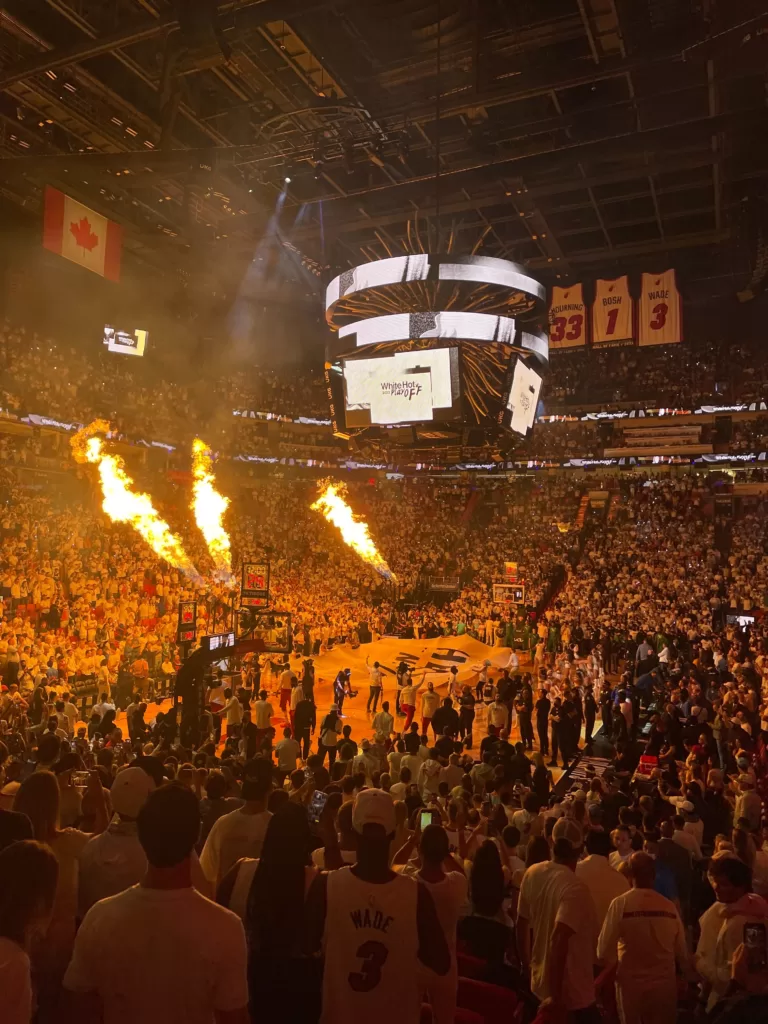Anxiety and the NBA

We’re currently in the best part of the NBA season – the playoffs. Watching the teams compete, as well as the individual performances of these elite athletes on the biggest stage of basketball is quite a feat to behold. While basketball is a team sport, I couldn’t help wondering what enables an individual player’s ability to perform in high pressure situations. We use words to describe such performances as being “clutch,” having a “strong mental,” or having the “mamba mentality.” Athletes may require weeks, months, or even years of training to be fully emotionally present at the right moment when peak performance is critical.
One common mental state athletes experience that gets in the way of peak performance is anxiety. It is common for all people to suffer from some level of anxiety, especially when faced with high-stress situations, such as a big game, a presentation at school or work, or before making a big life decision. In fact, both the emotional and physical symptoms of mild anxiety can actually help you cope and even can give a boost of energy (adrenaline rush) that can help you focus. When anxiety is extreme, however, it can have a detrimental effect on your performance. For people with anxiety disorders, this feeling can be overwhelming and debilitating and can interfere with daily life.
How do you combat the sense of dread, impending danger or panic, the restlessness, and the overthinking associated with anxiety?
Positive self-talk
Studies show positive self-talk can benefit athletic performance. Repeating positive phrases can help replace negative thoughts and the sense of dread that comes along with anxiety. Creating a “mantra” is a popular tactic and repeating a phrase in both training and in the big games can help immensely.
Visualization
Visualization can be a powerful tool for athletes. Exercises using visualization to help combat anxiety include visualizing themselves, their opponents and the process. Instilling self-confidence in one’s ability, in the crucial and winning moments of the game, and visualizing their superior ability above their opponents all combat anxiety.
Deep Breathing and Mindfulness Meditation
Deep breathing, or diaphragmatic breathing, involves contraction of the diaphragm, expansion of the belly, with deep inhales and exhales. This technique as well as mindfulness meditation are helpful tools with strong research that supports regular engagement helps lower stress and anxiety levels.
Kevin Lee, PsyD
Clinical Psychologist

